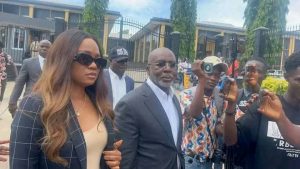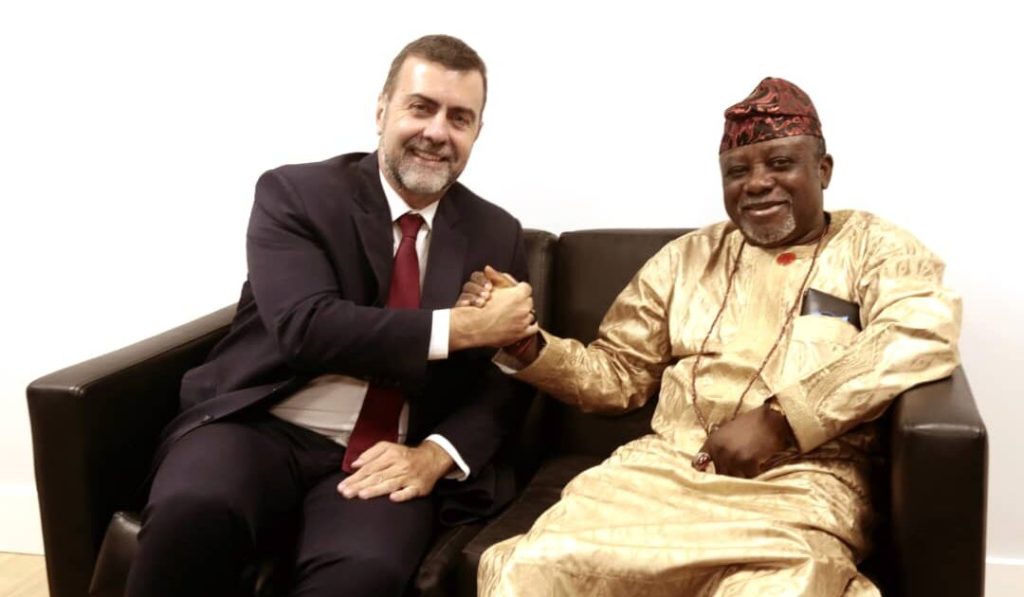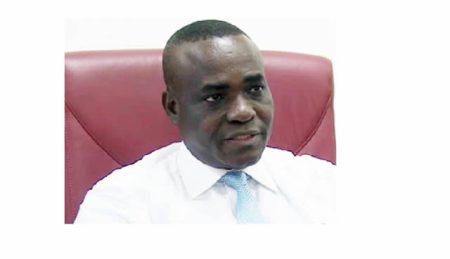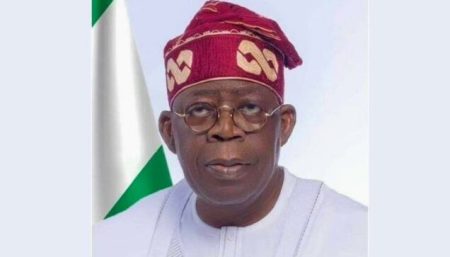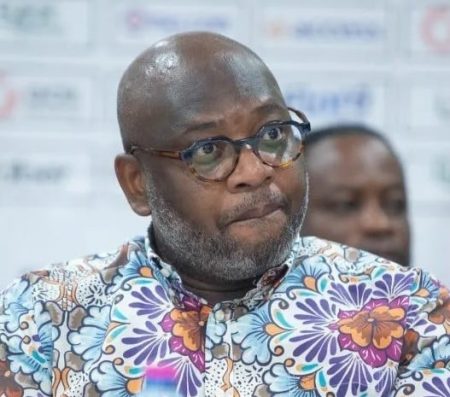The recent meeting between Marcelo Freixo, President/CEO of the Brazilian Tourism Board (Embratur), and Otunba Biodun Ajiboye, Executive Secretary/CEO of Nigeria’s National Institute for Cultural Orientation (NICO), has underscored the profound and undeniable historical and cultural links between Brazil and Yorubaland, a region in southwestern Nigeria. Freixo emphatically stated that any comprehensive account of Brazilian history and culture must acknowledge the significant contributions of Africa, particularly Yorubaland. This recognition highlights the deep-seated historical ties stemming from the transatlantic slave trade, which forcibly displaced millions of Africans, including a substantial Yoruba population, to Brazil. Their cultural legacy has indelibly shaped Brazilian society, influencing its music, religion, cuisine, and various other aspects of its cultural tapestry.
The meeting signifies a concerted effort to strengthen cultural ties between the two nations, building upon the existing shared heritage. Freixo announced Brazil’s intention to establish a committee tasked with identifying Brazilian festivals and carnivals suitable for replication in Nigeria. This initiative aims to foster cultural exchange and provide Nigerians with a firsthand experience of Brazilian cultural expressions. The proposed replication of Brazilian festivals in Nigeria underscores the desire to celebrate the shared cultural heritage and further solidify the bonds between the two countries. This reciprocal exchange will allow Nigerians to participate in and appreciate the vibrancy of Brazilian culture, while also providing an opportunity for Brazilians to connect with their ancestral roots in Africa.
The Yoruba influence in Brazil is particularly pronounced, with Yoruba descendants and Orisha devotees estimated to comprise approximately 58% of Brazil’s population. This significant demographic presence translates into considerable political, social, and religious influence within Brazilian society. The Yoruba cultural heritage has not only survived but thrived in Brazil, adapting and evolving while retaining its core essence. The Orisha religion, with its vibrant pantheon of deities and rich rituals, remains a powerful force in Brazilian spiritual life, particularly in the Bahia region. This cultural continuity serves as a testament to the resilience and enduring power of Yoruba traditions.
Freixo commended President Bola Tinubu and the Nigerian government for their proactive approach in fostering cultural exchange through NICO. He recognized the importance of this initiative in strengthening bilateral relations and promoting mutual understanding between the two nations. Cultural diplomacy plays a crucial role in building bridges between countries, facilitating dialogue, and fostering appreciation for diverse cultural expressions. By acknowledging and celebrating their shared heritage, Brazil and Nigeria are strengthening their diplomatic ties and paving the way for closer collaboration in various fields.
João Jorge Rodrigues, President of the Palmares Cultural Foundation in Brazil, suggested that the carnival from Bahia would be an ideal candidate for replication in Nigeria. He proposed a test run of the festival in December 2026, emphasizing the need for NICO to engage with the Nigerian federal or state government to identify a suitable host location. The selection of the Bahia carnival highlights the region’s rich Afro-Brazilian cultural heritage, which is deeply rooted in Yoruba traditions. The carnival, with its vibrant music, dance, and costumes, is a powerful expression of cultural identity and a celebration of the African diaspora in Brazil.
NICO’s leadership in facilitating this cultural exchange has positioned Nigeria to benefit significantly from its association with Brazil’s thriving cultural sector. The cultural sector contributes substantially to Brazil’s revenue, and Nigeria stands to gain valuable insights and expertise in leveraging its own cultural resources for economic development. This collaboration presents an opportunity for Nigeria to learn from Brazil’s successful model of cultural tourism and develop strategies to promote its own rich cultural heritage on the global stage. By fostering cultural exchange and strengthening ties with Brazil, Nigeria is not only celebrating its shared heritage but also creating opportunities for economic growth and development.



